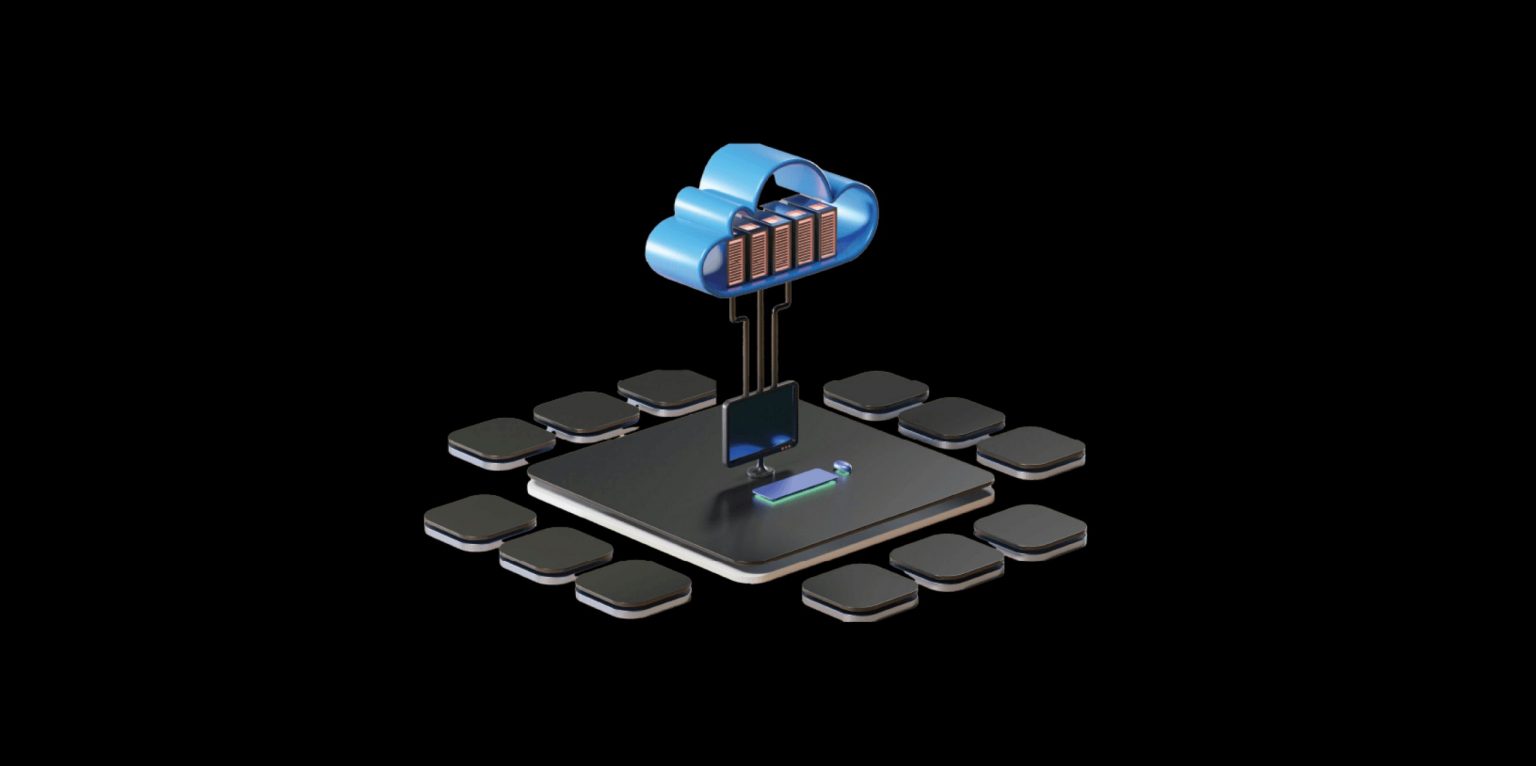- Who We Are
- What We Do
-
-
- Our Services
Industry Expertise
-
Business Functions
Technology
SaaS
-
-
- Insights
- Working at SELISE
- Contact Us
- EN
- DE
en
- EN
- DE

In a complex, volatile, and ever-changing world, the digital world is moving at an unprecedented rate. To meet the constantly evolving market needs, enterprises require software that is robust, scalable and easy-to-maintain without breaking the bank. And to survive and thrive in this fast-paced digital landscape, tech organizations must learn, adopt, and practice newer methods of developing quality enterprise software.
SELISE Blocks, which lies at the core of developing enterprise software in SELISE, is a dynamic framework that empowers businesses to achieve efficiency, scalability, and resilience in their software delivery processes. A blend of standards, methodology, and cloud infrastructure, Blocks enables developers to design, develop, and maintain cutting-edge software that continuously evolves with the needs of the market.
While it is crucial companies incorporate customer-centric enterprise applications into their existing infrastructure, building a custom solution can be quite challenging. Developing the software is often a time-consuming process that involves complex project management. Maintaining the software can be difficult and costly. Additionally, any anomaly can lead to devastating consequences within the organization.
In its decade-long timeline of delivering quality enterprise software, SELISE observed several common challenges the customers face during development and post-development. For example, developing an enterprise solution can be a cost and resource-intensive process. Such custom software also requires continuous maintenance for bug fixes and updates, further driving up costs. A longer process of development can also limit a business from accelerating, delaying the time-to-market and leading to a loss in revenue.
Moreover, high infrastructure and technology debt during development can deteriorate infrastructure conditions, reduce software quality, and increase operational risks. A lack of reusable technology produces unscalable applications that struggle to meet evolving business needs. It also increases the dependency on specific vendors for future updates.
Additionally, custom solutions often lack the extensive documentation found with off-the-shelf products, posing challenges in transfer of ownership, and necessitating extra training for users and IT staff to effectively manage and operate the software.
Without continuous monitoring, customers do not get sufficient visibility over the project’s progress and faces difficulty implementing metrics to determine the quality of the solution. This makes it difficult for the customers to build trust with the vendors.
To tackle the multifaceted problems of enterprise software development, SELISE developed Blocks – an approach to culture, composability, and cloud that integrates quality and security as a shared responsibility throughout the entire development lifecycle.
Working with Blocks means thinking of reusability – not reinventing the wheel every time new requirements come in. Blocks uses a suite of generic microservices to develop modular and flexible solutions that offer customers a diverse range of business capabilities, each independently responsible for a specific function. These microservices are technologically agonistic and have been written in a plethora of languages and frameworks; moreover, all of them are based on modern API and security standards.
The microservices are hosted in a multitenant architecture – meaning, they can cater to multiple customers (or tenants) using the same service instance. This not only optimizes resource usage but also simplifies deployment, management, and scaling.
Blocks is designed to have a specific set of guidelines, and for any software to pass the quality check, these guidelines must be adhered to. When it comes to development, these guidelines apply to how a project is initiated and managed; how the code is written, stored, and deployed; how code quality is maintained through automated testing; and the level of transparency achieved through continuous monitoring. Following these guidelines can lower the risk of failure and create a strong sense of collaboration between the stakeholders.
Another key advantage of using Blocks is that the microservices are well organized, documented and maintained following naming and organizing conventions. This ensures that all developers have the same understanding of the system, saving time and resources.
Security is key to developing a sustainable and stable digital solution; keeping this in mind, SELISE has adopted a “security as code” approach using SAST and SCA to enable the automation of security. Security controls have been built into the CI/CD pipelines, making it easier to detect vulnerabilities. At the same time, production deployments in the cloud environment are constantly monitored to optimize performance and proactively manage incidents.
One of the latest initiatives taken by SELISE Blocks is to make its microservices open source, demonstrating a shift from proprietary software. Open sourcing microservices would mean fostering a community of users and developers who have the liberty to produce, test, use, promote, and ultimately affect the software they love. This can open an entirely new world for SELISE: incorporating contributions from developers around the world can help in building more stable solutions that ultimately offer more control.
One of the key microservices offered by SELISE Blocks is an AI-assisted language manager with language localization facilities. Blocks has designed a configurator application that offers both technical and non-technical users a fast, efficient and cost-effective way to manage multilingual support and ensure a seamless user experience for end-users across different linguistic backgrounds.
SELISE Blocks is set to launch an add-on for the language manager to expand upon the values offered by the service. Now, using the extension, users will be able to translate their applications on the fly and view changes made to the language (s) instantaneously. This not only makes it easy to handle the tedious tasks of enabling multilingual support – it also gives users the flexibility to make changes whenever they want, wherever they are.
SELISE Blocks is dedicated to facilitating seamless integration of standards, micro-services architecture, and cloud-hosted operations, enabling customers to streamline their development workflows and accelerate time-to-market. Through relentless innovation, collaboration, and customer-centricity, Blocks strives to empower organizations of all sizes to thrive in an increasingly digital world.
Email: info@selise.ch
Contact Number: +49 89 54196883